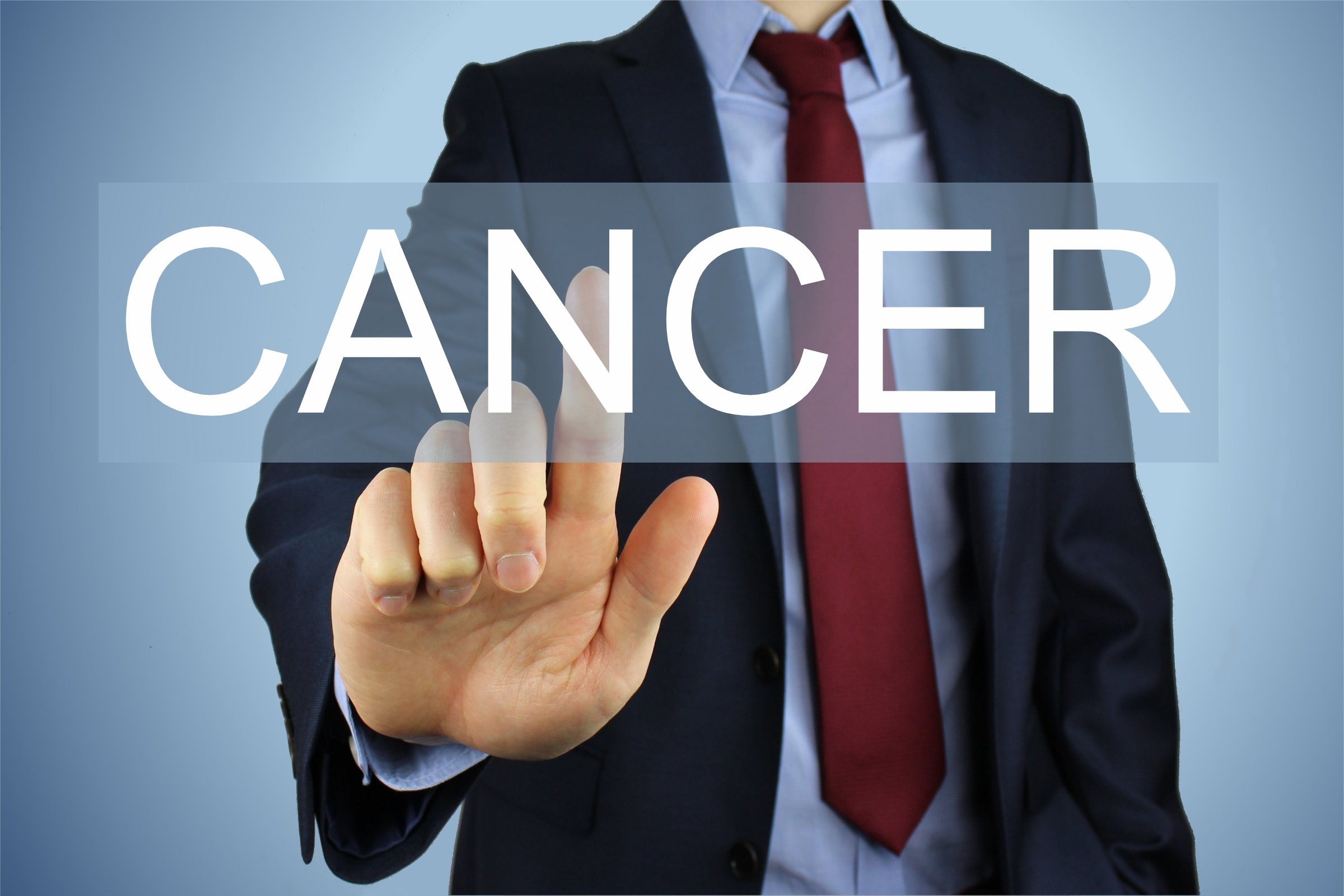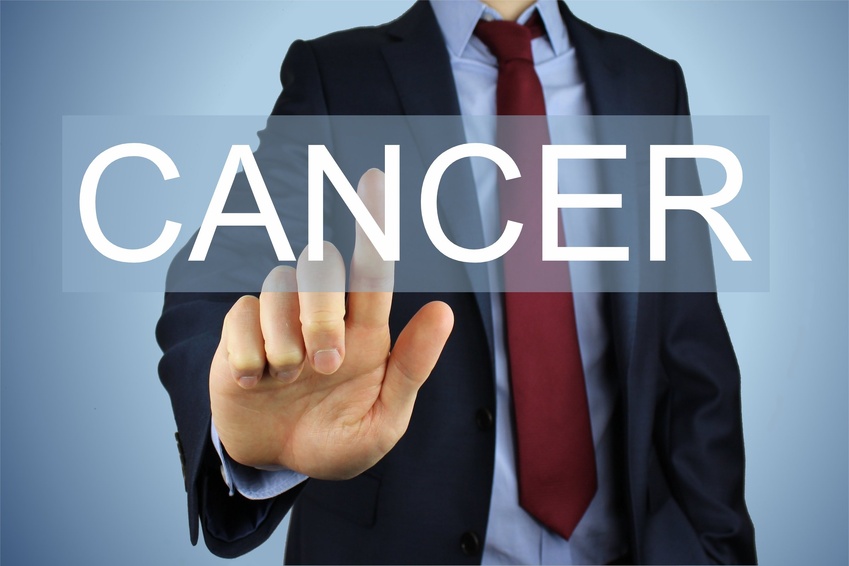When my uncle John passed away in 1990, my family and I were heartbroken. He had always been the spark in any room, even when he wasn’t physically present. Sadly, cancer stripped away not only his health but also his wit, intelligence, and sharp business instincts.
His death placed me in the role of Aflac’s CEO—a position I hadn’t expected so soon. It wasn’t the first, nor the last, time cancer would deeply affect my family. Years earlier, my grandfather had also lost his battle with the disease, and more recently, another relative—still in his 40s—was taken from us far too soon. Saying cancer has touched my family doesn’t come close to describing the impact.
According to the American Cancer Society, around 80,000 young adults between 20 and 39 are diagnosed with cancer every year in the U.S. We often hear stories of athletes, actors, leaders, and public figures—people who appear healthy and active—receiving this devastating diagnosis before turning 50. While overall mortality rates are falling, some cancers are becoming more common in younger people, and that trend is cause for concern.
The problem: missed screenings
Despite these risks, most Americans are delaying crucial health screenings. As a father, grandfather, husband, and someone who has led Aflac for 35 years, I’ve come to understand that life is about managing risk, not ignoring it. We drive but wear seatbelts, we invest but spread our risks, we let our kids explore but guide them safely.
When it comes to health, though, too many people skip preventive checkups. In fact, over 90% of Americans have postponed important screenings that could detect serious conditions early, and 60% admit they avoid them entirely.
Back in my University of Georgia days, I studied three principles of risk management. They’ve shaped my business decisions for decades—and today, I believe they can help save lives.
Three lessons on screenings for those who hesitate
1. Don’t risk a lot for a little
One in four Americans who avoid screenings do so because of discomfort, distrust, or embarrassment. And yes, tests like mammograms, cervical exams, or colonoscopies can feel invasive. But skipping them trades a little short-term unease for a potentially life-threatening outcome. Prevention is far less costly than regret.
2. Don’t risk more than you can afford to lose
Nothing is more valuable than our health. Yet many people who fear they might have cancer are ironically more likely to delay screenings. I understand—it’s frightening to face the unknown. But waiting doesn’t make bad news disappear; it only limits options. Early knowledge offers peace of mind or the chance to act quickly. That’s a risk you can’t afford to avoid.
3. Consider the odds
Yes, cancer in younger adults is less common, but the risk isn’t zero. For example, the American Medical Association notes that colorectal cancer rates are increasing among people ages 20 to 49. Still, nearly 30% of eligible Americans haven’t been screened. Data also shows only a small number of policyholders use their wellness benefits for cancer screenings—even though early detection is one of the most powerful safeguards we have.
Why early detection matters
From 1991 to 2022, the American Cancer Society estimates that 4.5 million cancer deaths were prevented in the U.S., with early detection playing a key role. Detecting cancer early not only improves survival chances but also reduces the financial burden. The World Health Organization reports that treating early-stage cancer costs two to four times less than treating advanced disease.
While there are no guarantees, medical advances today offer more hope than ever. But progress is only effective if we act on it. Each of us carries the responsibility to take that first step—by scheduling screenings and encouraging loved ones to do the same.
Getting checked may not just save your life; it might save someone else’s too.
His death placed me in the role of Aflac’s CEO—a position I hadn’t expected so soon. It wasn’t the first, nor the last, time cancer would deeply affect my family. Years earlier, my grandfather had also lost his battle with the disease, and more recently, another relative—still in his 40s—was taken from us far too soon. Saying cancer has touched my family doesn’t come close to describing the impact.
According to the American Cancer Society, around 80,000 young adults between 20 and 39 are diagnosed with cancer every year in the U.S. We often hear stories of athletes, actors, leaders, and public figures—people who appear healthy and active—receiving this devastating diagnosis before turning 50. While overall mortality rates are falling, some cancers are becoming more common in younger people, and that trend is cause for concern.
The problem: missed screenings
Despite these risks, most Americans are delaying crucial health screenings. As a father, grandfather, husband, and someone who has led Aflac for 35 years, I’ve come to understand that life is about managing risk, not ignoring it. We drive but wear seatbelts, we invest but spread our risks, we let our kids explore but guide them safely.
When it comes to health, though, too many people skip preventive checkups. In fact, over 90% of Americans have postponed important screenings that could detect serious conditions early, and 60% admit they avoid them entirely.
Back in my University of Georgia days, I studied three principles of risk management. They’ve shaped my business decisions for decades—and today, I believe they can help save lives.
Three lessons on screenings for those who hesitate
1. Don’t risk a lot for a little
One in four Americans who avoid screenings do so because of discomfort, distrust, or embarrassment. And yes, tests like mammograms, cervical exams, or colonoscopies can feel invasive. But skipping them trades a little short-term unease for a potentially life-threatening outcome. Prevention is far less costly than regret.
2. Don’t risk more than you can afford to lose
Nothing is more valuable than our health. Yet many people who fear they might have cancer are ironically more likely to delay screenings. I understand—it’s frightening to face the unknown. But waiting doesn’t make bad news disappear; it only limits options. Early knowledge offers peace of mind or the chance to act quickly. That’s a risk you can’t afford to avoid.
3. Consider the odds
Yes, cancer in younger adults is less common, but the risk isn’t zero. For example, the American Medical Association notes that colorectal cancer rates are increasing among people ages 20 to 49. Still, nearly 30% of eligible Americans haven’t been screened. Data also shows only a small number of policyholders use their wellness benefits for cancer screenings—even though early detection is one of the most powerful safeguards we have.
Why early detection matters
From 1991 to 2022, the American Cancer Society estimates that 4.5 million cancer deaths were prevented in the U.S., with early detection playing a key role. Detecting cancer early not only improves survival chances but also reduces the financial burden. The World Health Organization reports that treating early-stage cancer costs two to four times less than treating advanced disease.
While there are no guarantees, medical advances today offer more hope than ever. But progress is only effective if we act on it. Each of us carries the responsibility to take that first step—by scheduling screenings and encouraging loved ones to do the same.
Getting checked may not just save your life; it might save someone else’s too.


 Early Cancer Detection: Why Screenings Can Save Lives
Early Cancer Detection: Why Screenings Can Save Lives





 Companies
Companies